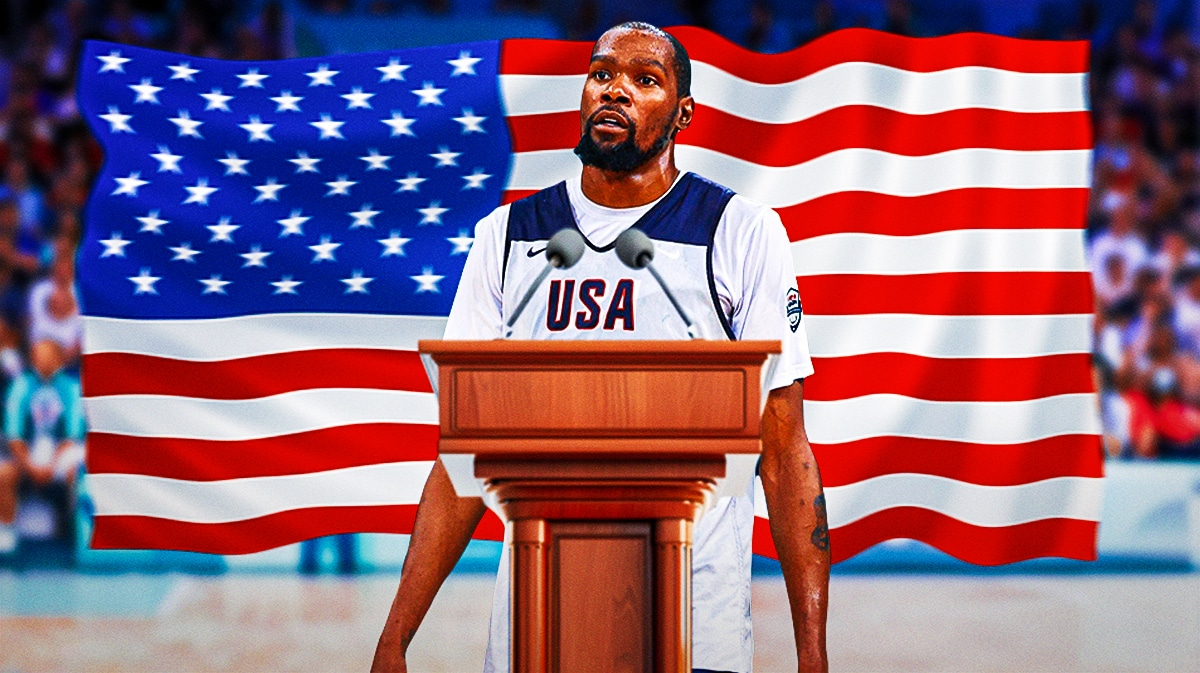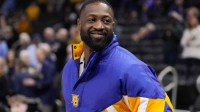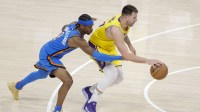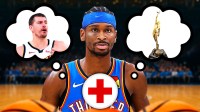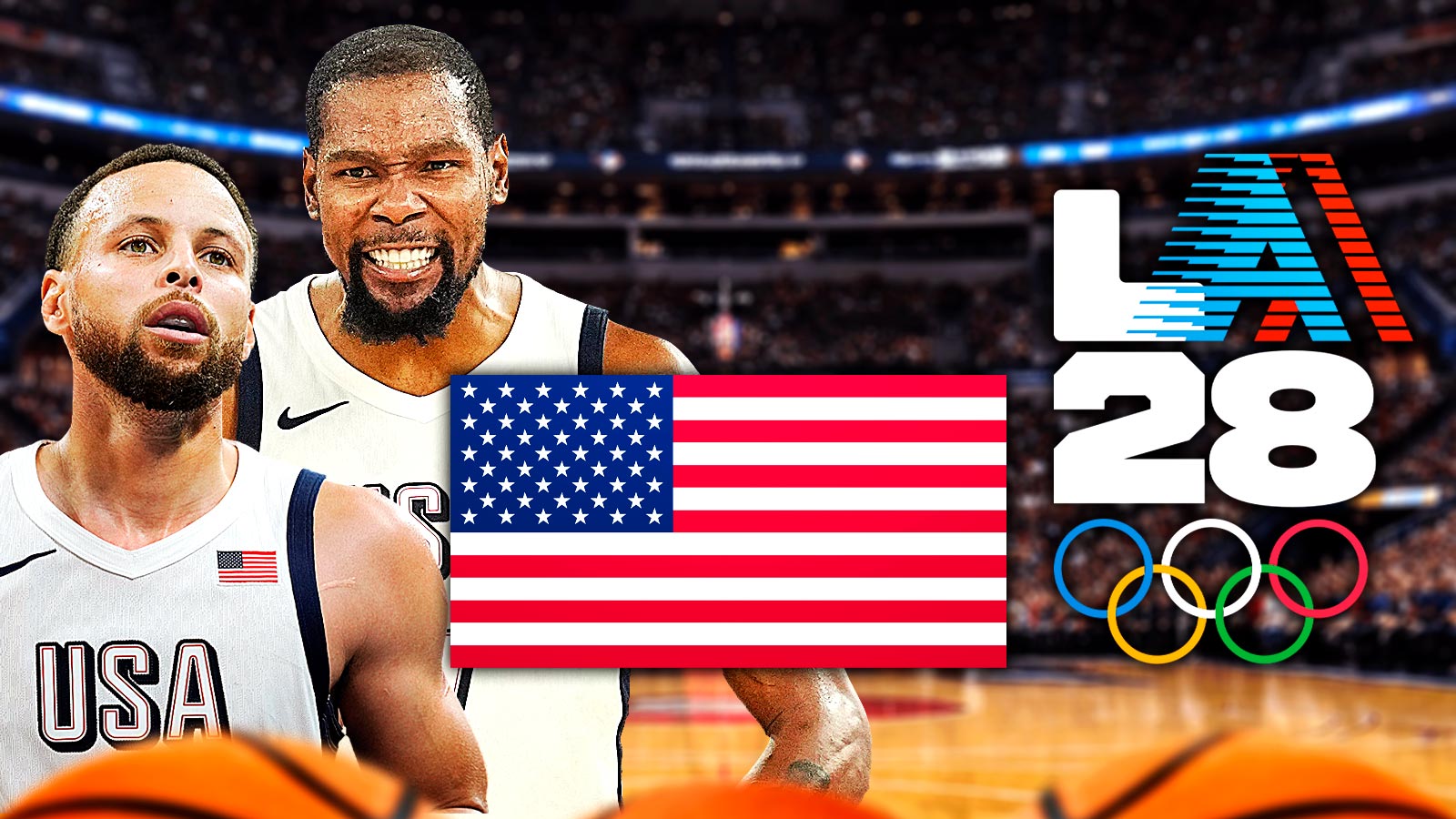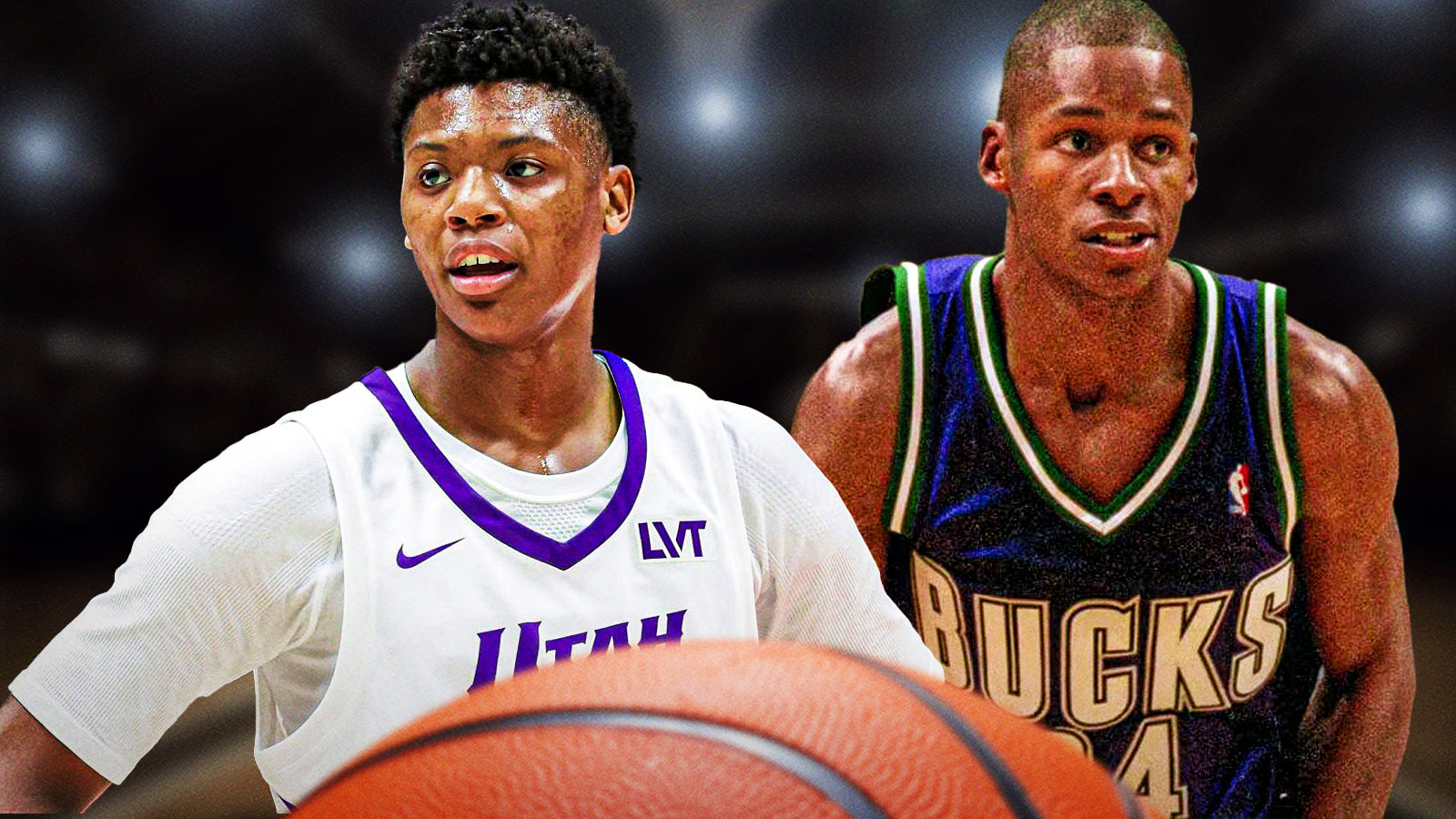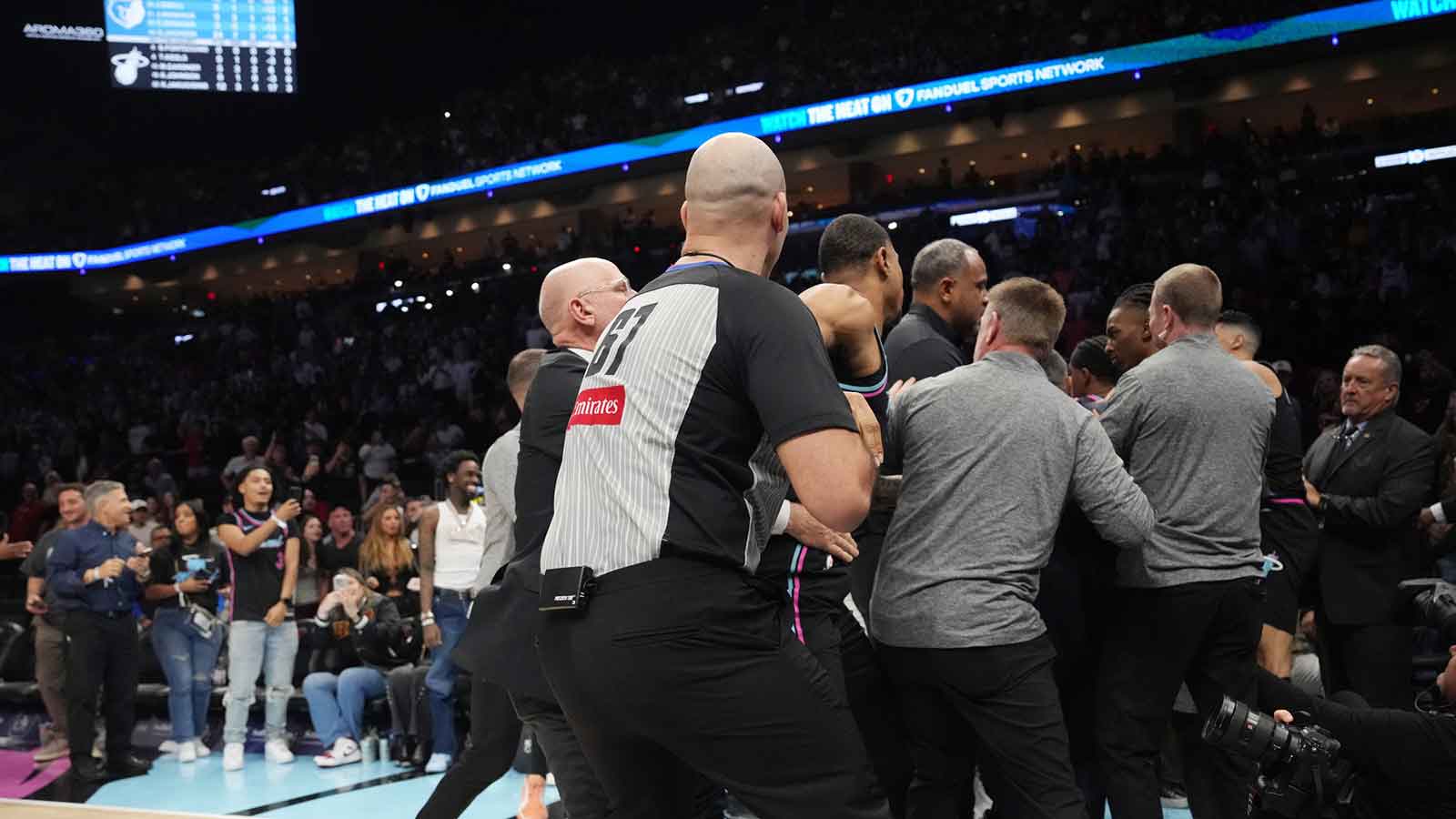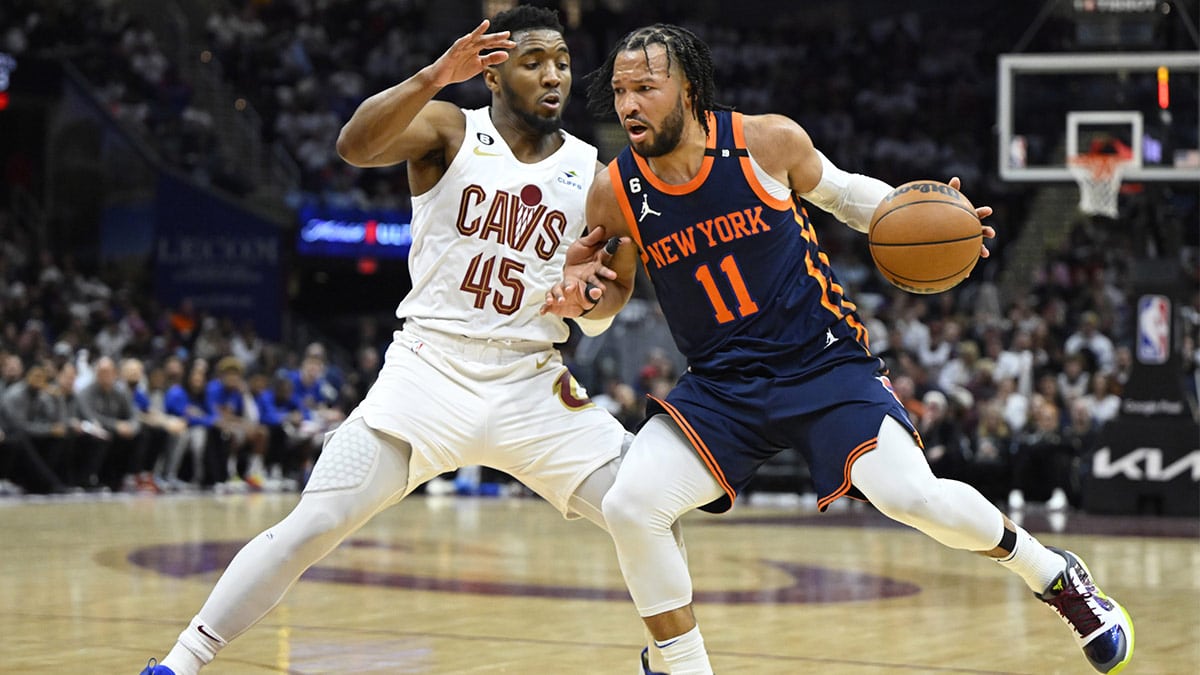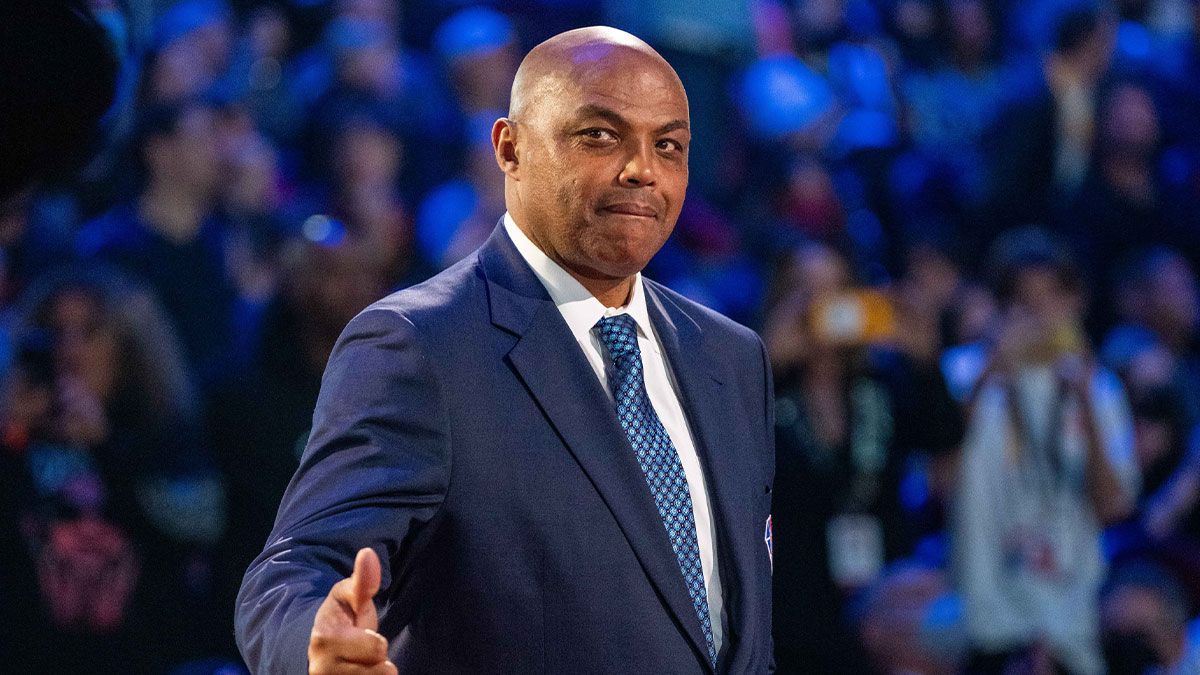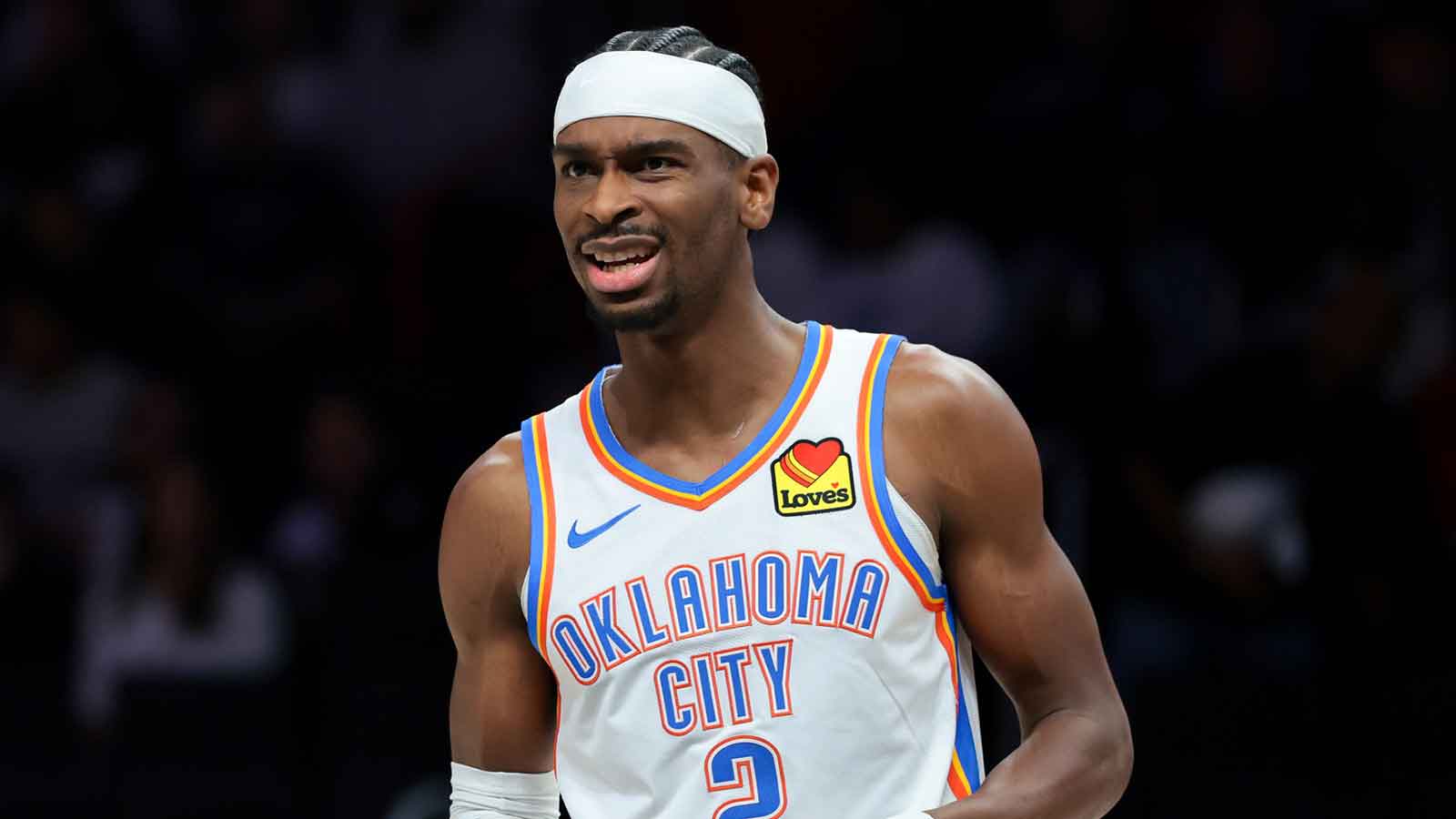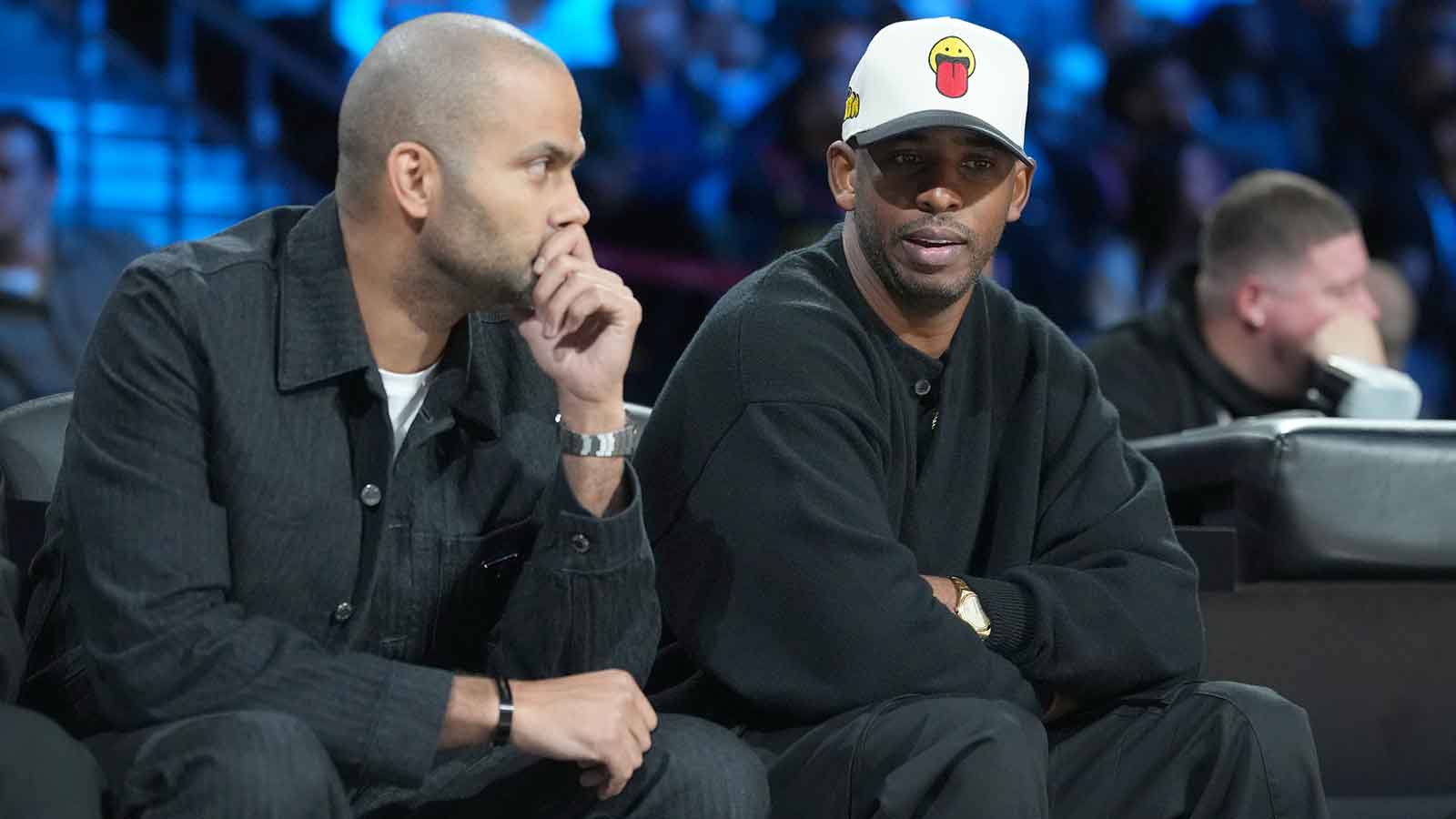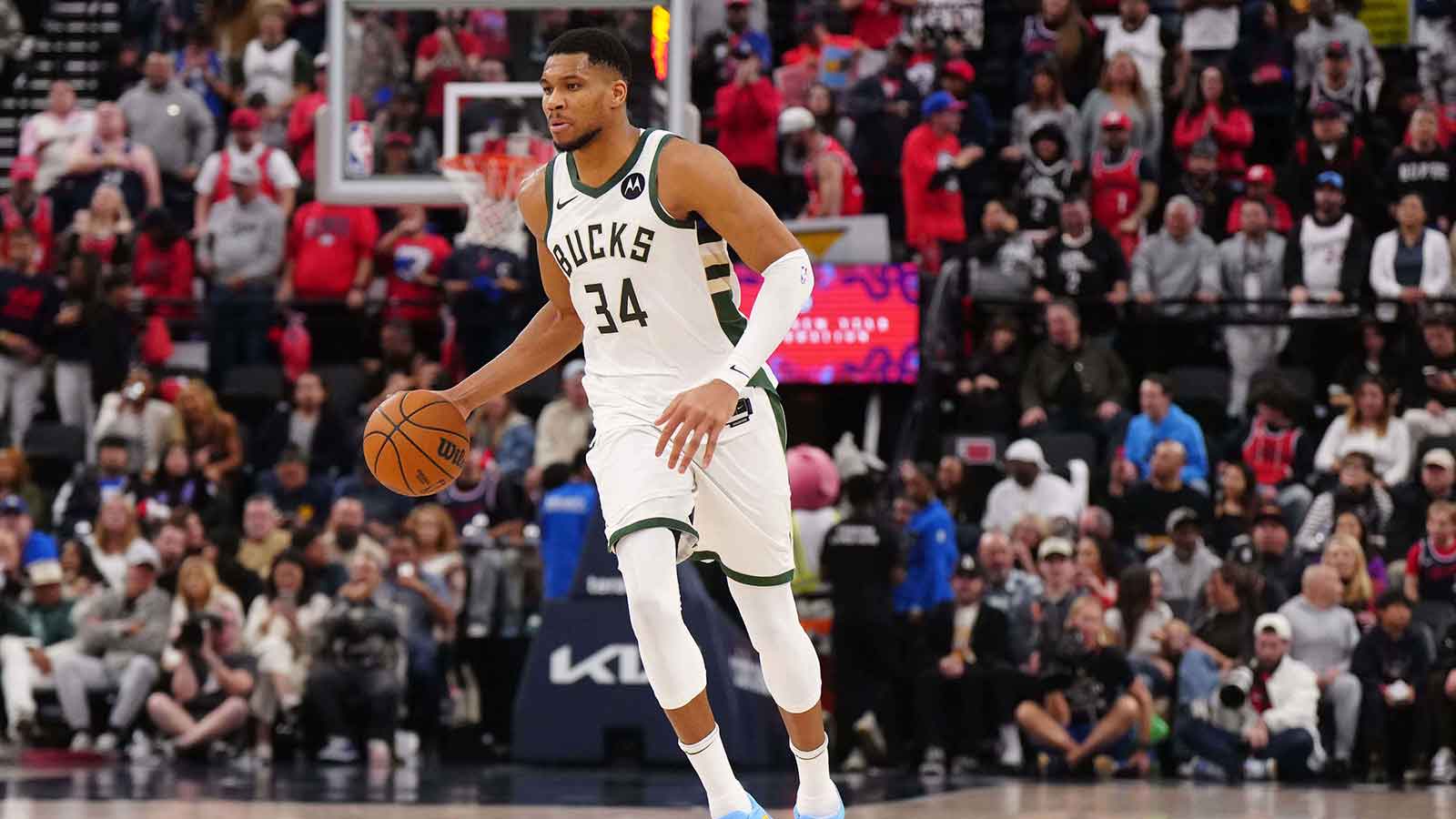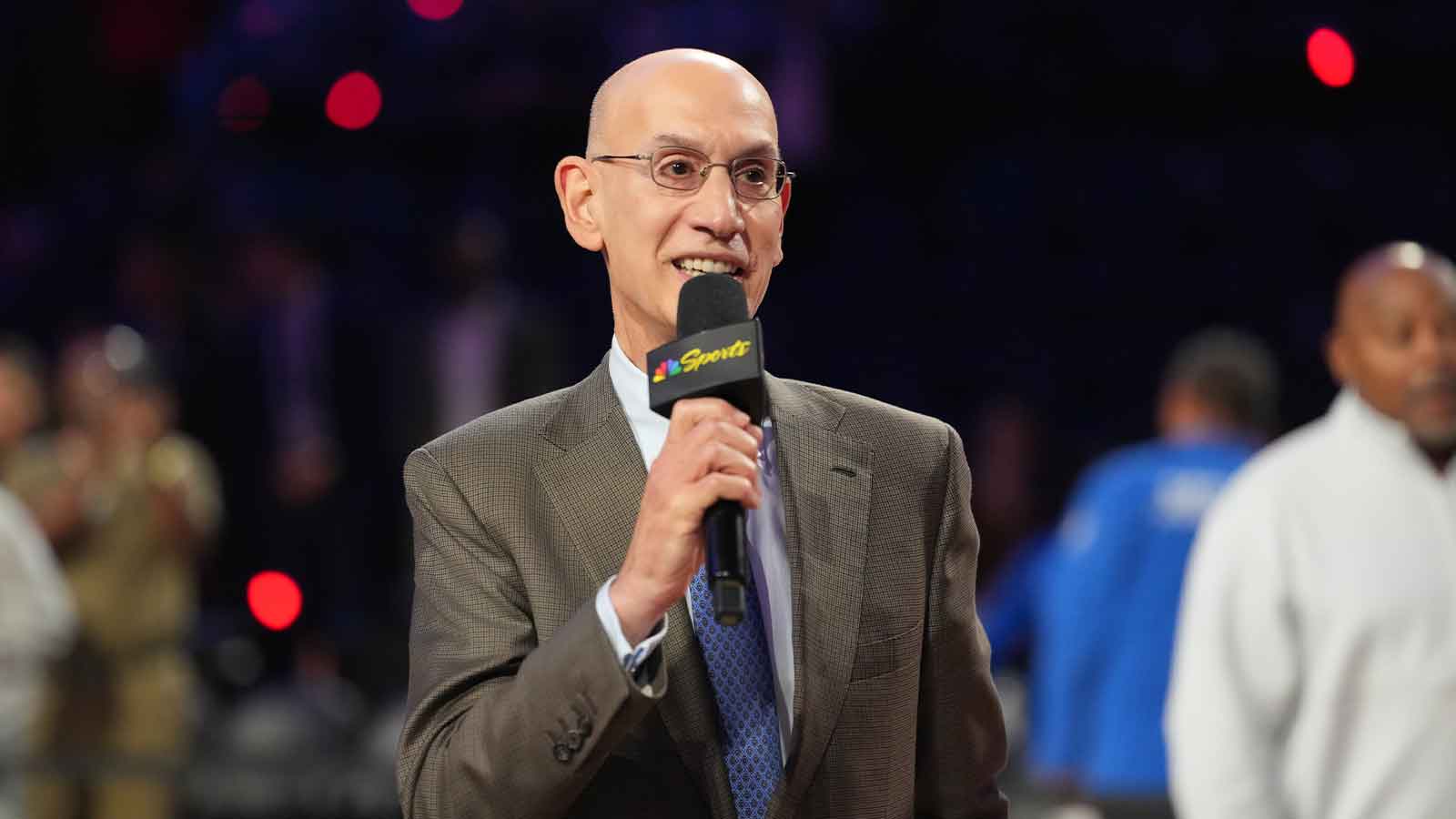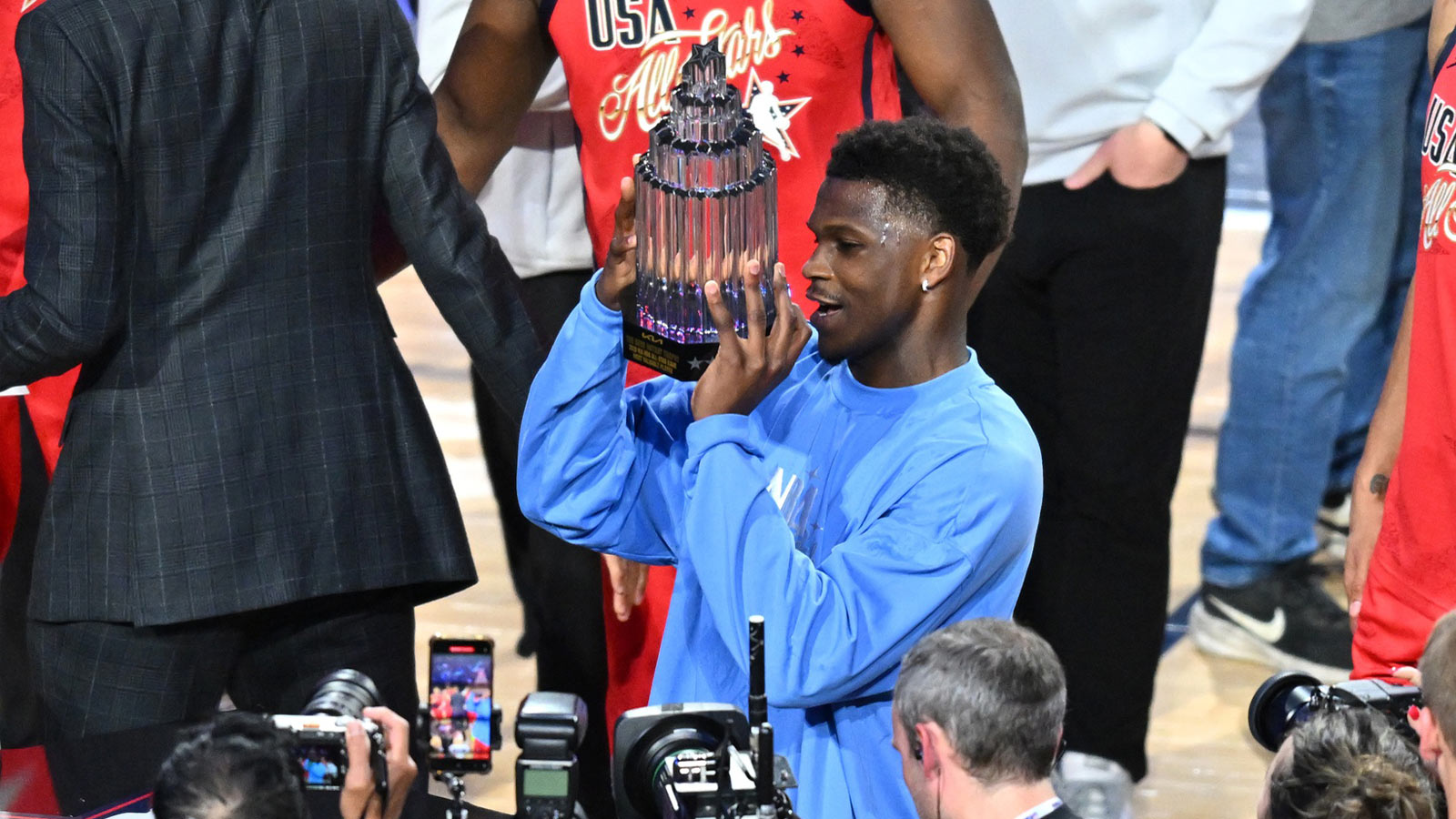While in Paris for the 2024 Olympics, Kevin Durant still thinks going on X, formerly Twitter, is better than going to the club. For a while now, while Durant rested his injured calf, he has been engaged in a lively debate with fans about the potential adoption of FIBA rules in the NBA.
NBA trainer Tyler Relph suggested that the NBA should adopt more FIBA rules to enhance the game's strategic depth. Never one to shy away from interaction, Durant dove in and questioned the specifics of Relph’s suggestion, leading to a debate over how the NBA should play basketball.
Relph specified that he wanted to abolish the defensive three-second rule to promote more movement and quicker decisions while keeping other elements like the three-point line and rim protection. Durant countered by saying that eliminating the defensive three-second rule would slow the game down, a perspective that aligns with his preference for a faster, more instinctive style of play.
Durant emphasized the beauty of basketball as playing off instincts rather than strict set plays, allowing talent to dictate the game's flow. This point sparked further responses from fans, some supporting the idea of adopting FIBA rules that are central in the Olympics and others defending the current NBA style.
Is Kevin Durant right about how Olympics basketball is played?
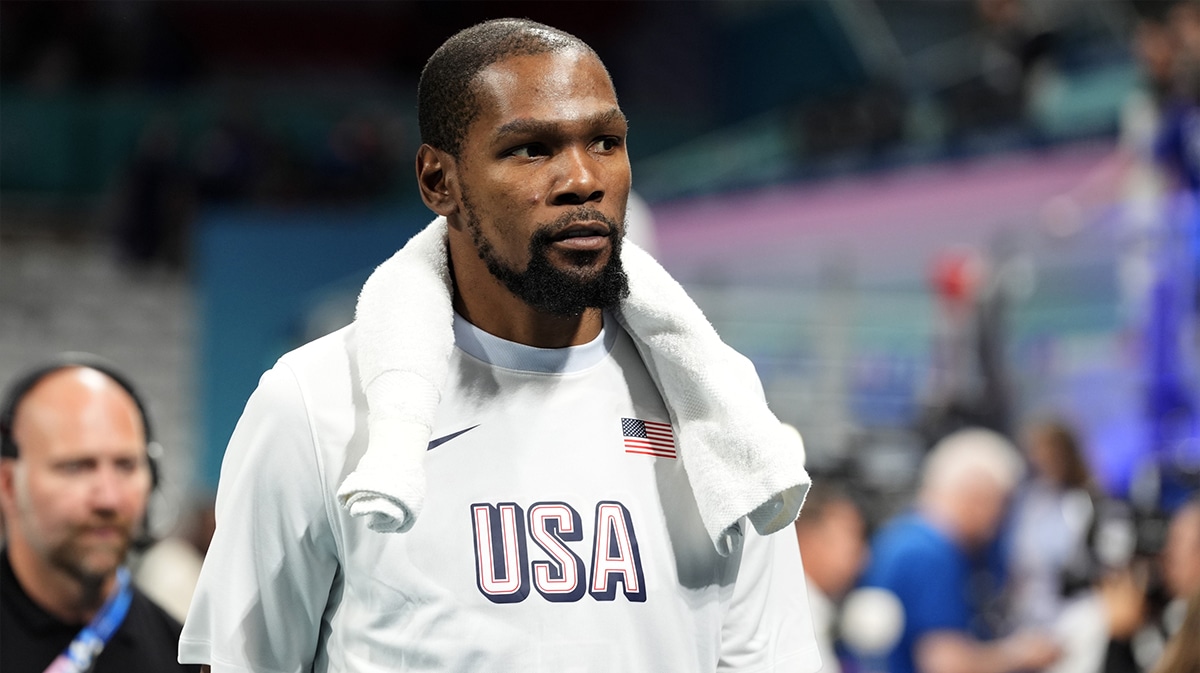
One fan, Eazy Baby, claimed that FIBA rules were better, prompting Durant to ask for a detailed explanation rather than a blanket statement. Another fan pointed out that FIBA refs don't tolerate flopping and foul-baiting as much as NBA refs do.
But in a separate reply to Durant's question, another fan said that FIBA officials don't tolerate flopping and foul-baiting, an issue that plagues the NBA. Durant then fired back, saying that flopping is a universal issue in basketball. To Durant, flopping is not exclusive to the NBA, accusing the fan of having a bias against American basketball.
During this exchange, the debate continued with fans discussing the balance between structured play and spontaneous actions on the court. However, in defense of both sides, Durant acknowledged the need for balance. He said relying solely on set plays or random actions wouldn’t work and that teams need both to coexist for a well-rounded strategy. He clarified that he never suggested eliminating structured play but advocated for a balanced approach incorporating both set plays and spontaneous actions.
If anything, Durant chopping it up with fans shows that he's open to fair and honest discussions on how basketball is continually evolving. Most fans don't fully understand the complexities and technicalities surrounding the game, and Durant is more than happy to engage with and discuss the more nuanced portions of the topics.

